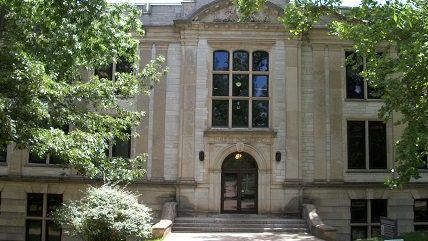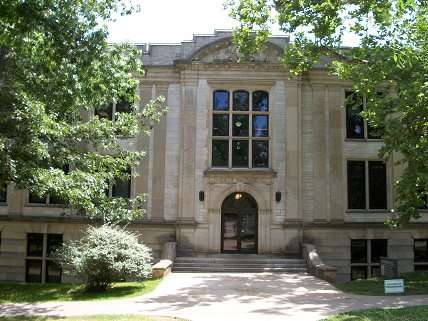Major Win For School Choice: Charter Students Smarter, Earn More
Market incentives and individual choice are the best tools for fixing American education.


A just-released study from the University of Arkansas provides a substantial endorsement of charter school education. U.S. students who spent several years in charter schools were found to score significantly better on tests and make more money than their counterparts in traditional K-12 public schools, when adjusted for funding discrepancies.
Researchers examined data from 21 different states. While the results varied, charter schools were found to be more productive—and generate a higher return on investment—than traditional public schools (TPS). On average, charter school students scored so much better on assessments that spending money on charters was roughly 40 percent more efficient than spending money on TPS. According to the study:
Comparing [National Assessment of Education Progress] achievement obtained in public charter schools versus TPS for 21 states and DC, we find the public charter school sector delivers a weighted average of an additional 17 NAEP points per $1000 invested in math, representing a productivity advantage of 40% for charters; In reading, the public charter sector delivers an additional 16 NAEP points per $1000 invested, representing a productivity advantage of 41% for charters.
… The analyses we present in this report indicate that charter schools are more productive than TPS, either because they produce higher student gains at a lower cost or because they produce similar or only slightly lower student outcomes at a significantly lower cost.
The results were more pronounced among students who had spent significant time in charter schools. A student who attended a charter for just a year typically enjoyed only a slightly more productive educational experience, whereas students who spent six years in charters enjoyed a higher return on investment.
The Department of Education Reform at UA published the study. (The Walton Family Foundation, which supports school choice, funded the study. The authors claim that the foundation played no other role in developing the study.)
The study may not persuade charter school skeptics, but it's still a powerful piece of ammunition for libertarians trying to make the case that market incentives and individual choice are the best tools for fixing American education.


Show Comments (32)